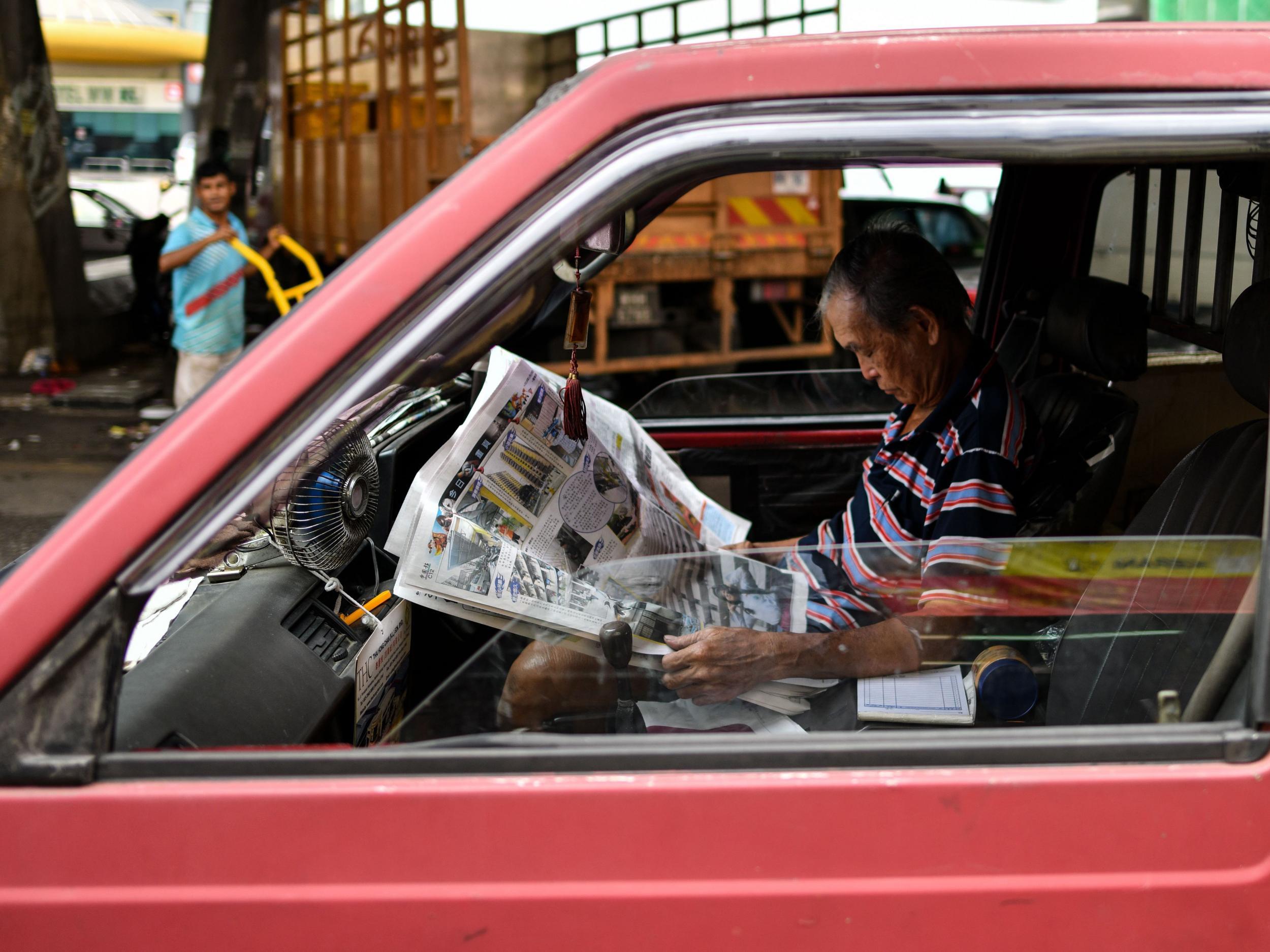Malaysia plans to make fake news punishable up to 10 years in prison under new law
'This is an attack on the press and an attempt to instil fear among the people,' says opposition MP

Your support helps us to tell the story
From reproductive rights to climate change to Big Tech, The Independent is on the ground when the story is developing. Whether it's investigating the financials of Elon Musk's pro-Trump PAC or producing our latest documentary, 'The A Word', which shines a light on the American women fighting for reproductive rights, we know how important it is to parse out the facts from the messaging.
At such a critical moment in US history, we need reporters on the ground. Your donation allows us to keep sending journalists to speak to both sides of the story.
The Independent is trusted by Americans across the entire political spectrum. And unlike many other quality news outlets, we choose not to lock Americans out of our reporting and analysis with paywalls. We believe quality journalism should be available to everyone, paid for by those who can afford it.
Your support makes all the difference.People found guilty of spreading fake news could face up to 10 years in prison under new laws proposed by Malaysia’s government.
Officials said the law, which must be approved by parliament, is needed to protect public harmony and national security.
But opponents have called it an attack on freedom of speech ahead of a general election which is expected to take place in the next few weeks.
Prime Minister Najib Razak has been dogged by a multibillion-dollar corruption scandal involving the 1Malaysia Development (1MD) fund, which he founded to promote economic development.
The state fund is facing money laundering investigations in at least six countries including the United States, Switzerland and Singapore.
The US Justice Department said last August that at least $4.5bn (£3.17bn) was stolen from 1MDB by Mr Najib's associates, and it was working to seize $1.7bn (£1.2bn) taken from the fund to buy assets in the US.
Mr Najib, who denies any wrongdoing, has fired critics and attempted to censor the press since the corruption scandal erupted three years ago.
Rights activists fear the new anti-fake news law could be used to criminalise news reports and critical opinions on government misconduct.
The bill calls for penalties against those who create, offer, circulate, print or publish fake news with a 10-year jail term and a fine of up to 500,000 ringgit (£90,000) or both.
Publications containing fake news could also face penalties.
The bill defines fake news as “any news, information, data and reports which is, or are, wholly or partly false whether in the form of features, visuals or audio recordings or in any other form capable of suggesting words or ideas”.
It covers all mediums and even extends to foreigners outside Malaysia as long as the south east Asian country or its citizens are affected.
“This is an attack on the press and an attempt to instil fear among the [people]” before the general election, opposition MP Ong Kian Ming tweeted.
He added: "Those who say that journalists have nothing to fear from the Anti-Fake News bill as long as they report accurately is clearly missing the point... the point of such a law IS to prosecute truth tellers by labelling them as purveyors of fake news."
The Government has accused the opposition coalition of using fake news as a key weapon to win votes and warned that any news on the indebted 1MDB state fund that had not been verified by the government was fake.
Support for Mr Najib’s ruling coalition has dwindled in the last two elections. In 2013, it lost the popular vote for the first time to the opposition. Yet analysts say he is expected to win a third term due to infighting in the opposition, unfavourable electoral boundary changes and strong support for the government among rural ethnic Malays.
Critics say the anti-fake news bill will add to a range of repressive laws — including a sedition law, a press and publications act, an official secrets act and a security act — that have been used against critics, violated freedom of expression and undermined media freedom.
A coalition of human rights and civic groups has also expressed concern that the government is rushing through the legislation, without consulting key stakeholders and releasing details in advance for public scrutiny.
Other Southeast Asian countries, including Singapore and the Philippines, have also proposed laws to clamp down on fake news.
Associated Press contributed to this report
Join our commenting forum
Join thought-provoking conversations, follow other Independent readers and see their replies
Comments